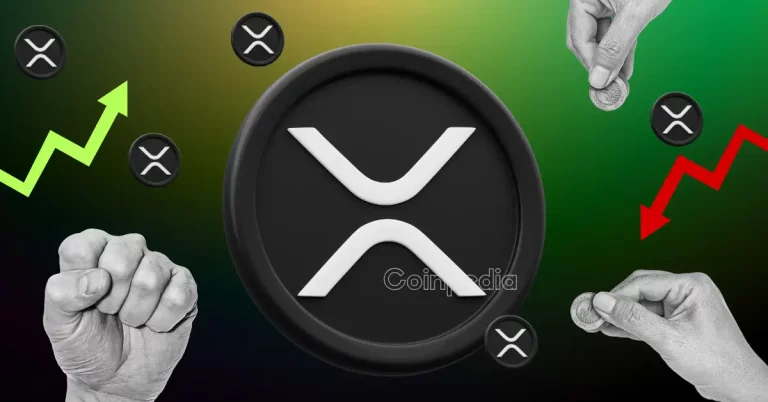
Home Automation in 2025: The Smart Home Ecosystem Home Automation
Home Automation in 2025 has revolutionized the way we live, work, and interact with our living spaces. The integration of smart devices, artificial intelligence, and the Internet of Things (IoT) has created a seamless Smart Home Ecosystem. In this article, we will delve into the latest trends, technologies, and innovations that are shaping the future of home automation.
Introduction to Home Automation
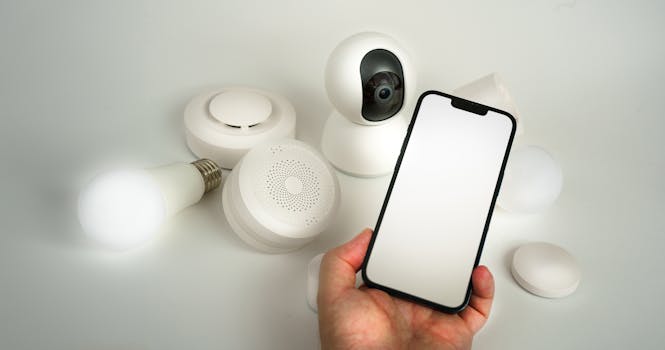
Home automation refers to the use of technology to control and monitor various aspects of a home, such as lighting, temperature, security, and entertainment systems. The primary goal of home automation is to create a comfortable, convenient, and energy-efficient living environment. With the advancement of IoT and artificial intelligence, home automation has become more sophisticated, allowing homeowners to control their homes remotely and receive real-time updates on their devices.
Smart Home Devices and Technologies
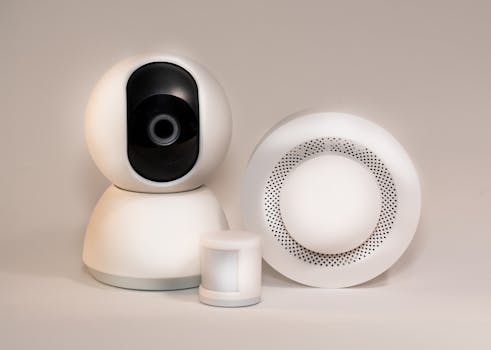
The smart home ecosystem consists of a wide range of devices and technologies, including smart speakers, thermostats, lighting systems, security cameras, and door locks. These devices are connected to the internet and can be controlled using voice commands, mobile apps, or web interfaces. Some of the key technologies driving the smart home market include:
- Artificial Intelligence (AI)
- Internet of Things (IoT)
- Machine Learning (ML)
- Cloud Computing
- 5G Networks
Benefits of Home Automation
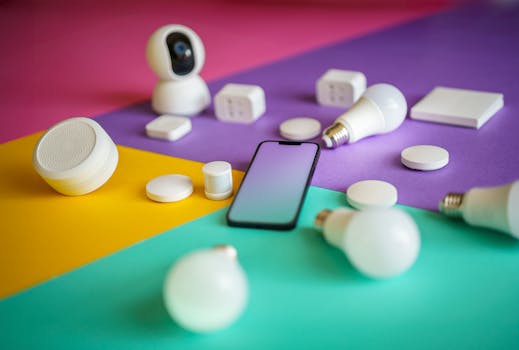
The benefits of home automation are numerous, ranging from convenience and energy efficiency to enhanced security and entertainment. Some of the most significant advantages of home automation include:
- Increased convenience and comfort
- Energy efficiency and cost savings
- Enhanced security and safety
- Improved entertainment and leisure
- Increased property value
Challenges and Limitations
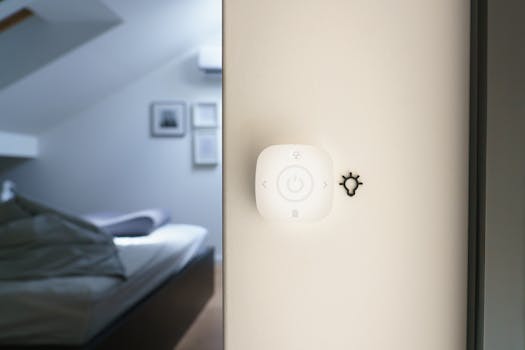
Despite the many benefits of home automation, there are also several challenges and limitations that need to be addressed. Some of the key challenges include:
- High upfront costs
- Complexity and compatibility issues
- Cybersecurity concerns
- Dependence on technology and internet connectivity
Conclusion
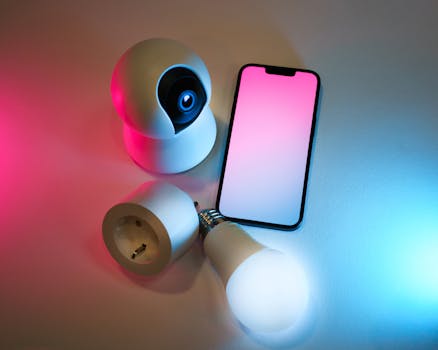
In conclusion, home automation in 2025 has created a smart home ecosystem that is convenient, comfortable, and energy-efficient. While there are challenges and limitations to be addressed, the benefits of home automation far outweigh the drawbacks. As technology continues to evolve and improve, we can expect to see even more innovative solutions and applications in the field of home automation.
